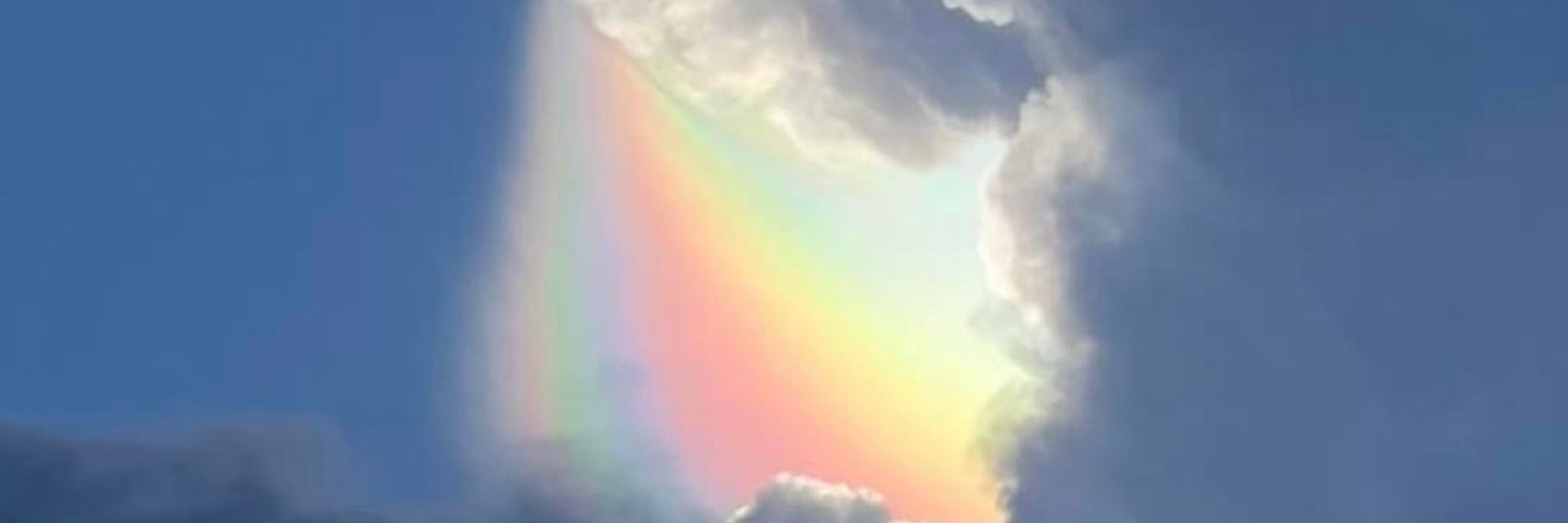


"We call for greater attention to this ongoing loss of direct field experience within the ecology community, as it could have widespread consequences for science and education, ..."
#AcademicSky
Extinction of experience among ecologists
www.cell.com/trends/ecolo...
"We call for greater attention to this ongoing loss of direct field experience within the ecology community, as it could have widespread consequences for science and education, ..."






